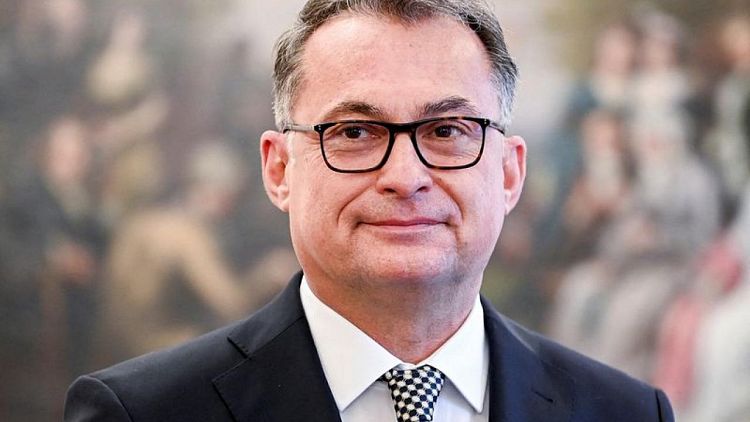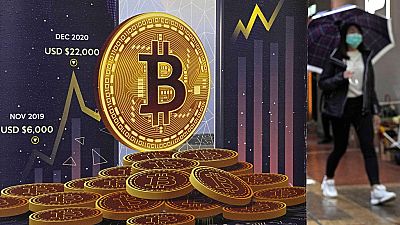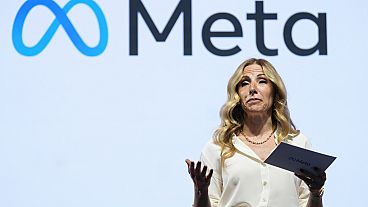FRANKFURT -New German central bank chief Joachim Nagel warned about high inflation in his inaugural speech on Tuesday, in a sign he would continue his predecessor's fight to rein in the European Central Bank's monetary largesse.
Inflation across the 19-country euro zone rose by a record 5% last month but the ECB has downplayed that surge, blaming energy costs and insisting that inflation will settle back below its 2% target by year-end even without policy tightening.
Nagel challenged that narrative, saying the recent rise in inflation was not just temporary and warning that price growth could continue to come in higher than expected.
"It's true that high inflation rates can be attributed to special effects that expire automatically. But not entirely," Nagel said. "I see a danger that inflation could remain high for longer than expected."
He stressed continuity with outgoing Bundesbank president Jens Weidmann, who quit with five years of his second term left after unsuccessfully fighting the ECB's ultra-easy policy for a decade, and warned that inflation hurts the poorest.
"The people of Germany rightly expect the Bundesbank to be a vocal advocate of the stability culture. I can assure you: it will remain so," he said.
Speaking at the ceremony, ECB President Christine Lagarde said euro zone citizens worried about rising prices can trust the ECB to stabilise inflation.
"We understand that rising prices are a concern for many people, and we take that concern very seriously," Lagarde said.
"But people can trust that our commitment to price stability is unwavering, which is critical for the firm anchoring of inflation expectations and for confidence in the currency."
The ECB last month laid out plans to continue asset purchases for as long as necessary and keep interest rates at record lows for even longer, pressing on with a policy aimed at supporting inflation that was inaugurated nearly a decade ago.
OPPOSITION
Weidmann opposed that December decision but was outvoted by policy doves who hold a comfortable majority in the ECB's 25-member Governing Council. The Bundesbank and other policymakers in Germany, the euro zone's economic powerhouse, have traditionally taken a tough stance on inflation.
His successor, who will head the central bank for eight years, said the inflation outlook remains extraordinarily uncertain and that monetary policy may need to respond if actual outcomes beat expectations.
"For all the uncertainty one thing is clear: if price stability requires it, the ECB Governing Council must act and adapt its monetary policy," Nagel, 55, said. While Weidmann was among just five policymakers who opposed December's decision, sources close to the discussion said at least another five could change sides if inflation continues to beat expectations, as it has over the last year.
Earlier on Tuesday, ECB chief economist Philip Lane argued that inflation will fall sharply this year and come in below the bank's 2% target both next year and 2024. Until last year, when the ECB predicts inflation was 2.6%, it had undershot the target for nearly a decade. It sees inflation at 3.2% this year.
Lane dismissed warnings about upside risks, arguing that wage growth, a precondition for durable inflation, remains anaemic, suggesting that companies are not adjusting their price and wage setting behaviour.



